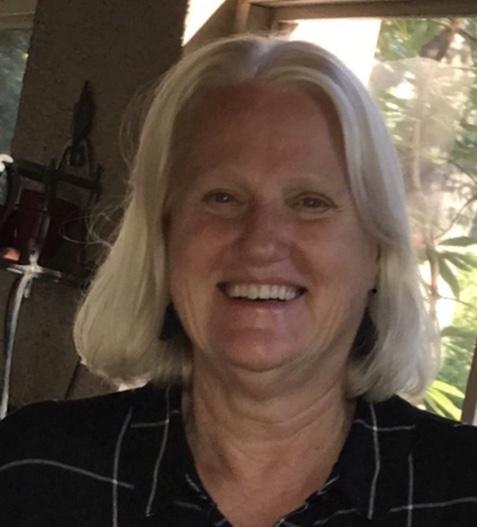
Ann Rowland recently retired after spending 38 years as an Assistant United States Attorney in the Northern District of Ohio for nearly 38 years. She served as the Deputy Chief of the Criminal Division and Chief of the Major Fraud and Corruption Unit, where she specialized in the investigation and prosecution of public corruption, organized crime and white-collar crime cases.
From 2007 until her retirement, Ann supervised the Cuyahoga County public corruption investigation, laying the foundation for the new form of government approved by voters in 2009. Her team, consisting of Assistant U.S. Attorneys, FBI Special Agents and IRS Special Agents, prosecuted more than 60 public officials and business people in Cuyahoga County, Ohio, proving at several federal trials that one County Commissioner and the County Auditor had orchestrated a decade-long RICO conspiracy involving almost 20 separate bribery schemes and over 100 bribes.
When looking back at the early part of her career, Ann realized that at the time she was in law school, she was not exposed to many practitioners in the public sector. This was a motivating factor for Ann in her decision to serve as a Leader-in–Residence at CSU Cleveland-Marshall College of Law.
CSU C|M|LAW’s Leader-in-Residence program, founded in 2017, is designed to closely connect students, staff and faculty with volunteer community leaders in public, private and nonprofit sectors. CSU C|M|LAW currently has long-term relationships with 13 Leaders-in-Residence who volunteer their time and share their wide-ranging experiences for the benefit of the law school.
As a Leader-in-Residence, Ann intends to be involved in mentoring students and guest lecturing in courses pertaining to criminal law and trial practice. She also hopes to work with the CSU C|M|LAW Center for Health Law & Policy on advocacy in the issue of medical aid for the dying.
“I look forward to learning from students and faculty and helping students connect with members of Cleveland’s legal community,” said Rowland. “I hope to generate interest with law students in serving the public for at least a portion of their careers.”
This is not the first time Rowland, who is a graduate of the Case Western Reserve University School of Law, will be lecturing at CSU C|M|LAW. Earlier in her career she served as an adjunct professor, co-teaching the law school’s white-collar crime seminar with Professor Patricia Falk. She also taught an intensive trial practice class for several years and has frequently guest lectured in the white-collar crime class.
As an Assistant U.S. Attorney, Ann supervised many externs at CSU C|M|LAW. Her advice to those students, and the advice she intends to share with current students as a Leader-in-Residence, is to take as many writing courses as they can because so much of the work of the U.S. Attorney’s Office depends on the quality written work.
She also recommends students seek experiential learning opportunities that expose them to litigation, because she believes that experience prepares them for a career as an Assistant U.S. Attorney, more than learning how judges think.
For Ann, the most satisfying part of her role as an Assistant U.S. Attorney was exercising prosecutorial discretion to ensure that all defendants and targets were treated fairly, and that cases would have lasting impact with real deterrent value. She appreciated the variety of the work among white-collar crime cases in several sectors, including public corruption, health care fraud, criminal tax, environmental crimes, defense procurement fraud, bank fraud, and consumer fraud. In 2013, Ann received the Attorney General’s Distinguished Service Award.
As far as her motivation to work in the public sector, Ann believes that her work investigating public corruption helped the public gain trust in our entire system of government.
“Our democracy means nothing if we do not hold our public officials accountable for upholding the law,” said Rowland. “Corrupt public officials sow distrust in government which in turn fosters apathy about public affairs. I have always been concerned about the high number of people in our country who do not vote. Much of that is caused by a cynicism about the honesty of our public officials. Most of our elected officials are honorable, but the few corrupt ones can cause lasting damage.”
As such a strong proponent of the public’s active participation in government, it is no surprise that Ann has been spending significant time in retirement working on get out to vote and anti-voter suppression campaigns. She is also serving as Policy Director for Ohio End of Life Options, a non-profit organization that advocates for passing of a Medical Aid in Dying law for the terminally ill in Ohio. Ann shared her stance on end-of-life decisions in great detail in a 2019 Cleveland.com op-ed article.
